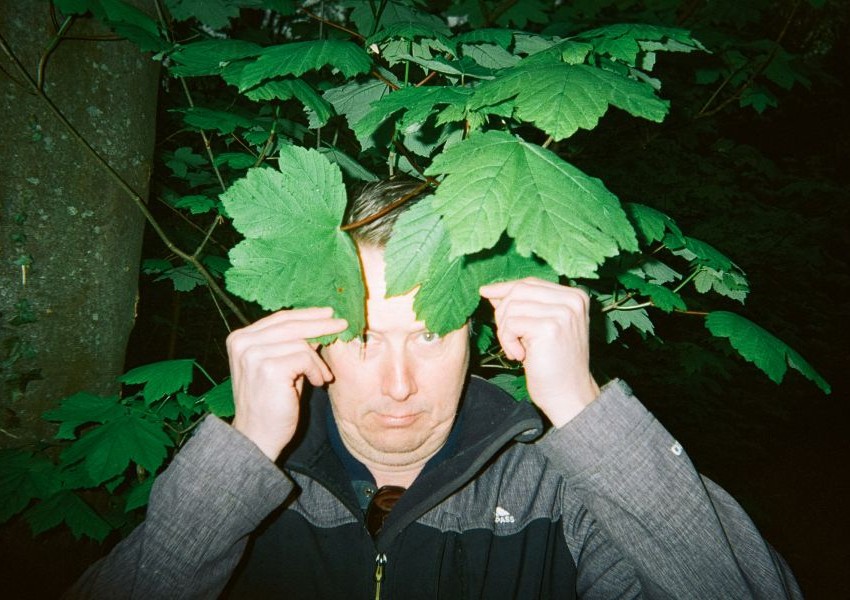

Trying to cure hair loss with home remedies and anecdotal solutions you find online might not be achieving the results you have in mind.
At Sons, we want to help you separate fact from fiction by explaining which hair loss treatments work and which may be worth skipping.
Firstly, ignoring your hair loss and hoping it will suddenly grow back thicker and fuller is unlikely. While it’s true that consuming a healthier diet will benefit your hair by getting more of the crucial vitamins and nutrients you need, malnutrition is often not the reason somebody loses their hair; it’s usually because of a genetic disposition to male pattern hair loss.
Supplemental products won’t reverse the process if your hair loss has begun and has progressed beyond mild thinning. The design of vitamin supplements like Hair Growth Complex are for maintenance purposes, so you can keep your hair looking voluminous rather than stopping hair loss altogether.
Getting enough Biotin in your diet can help you produce keratin for stronger nails, skin, and hair, but it won’t stop hair loss once it has started.
Any shampoo product that promises to stop hair loss should be viewed with scepticism. Store-bought shampoos won’t contain prescribed medication proven to fight hair loss and may only improve your scalp’s micro-environment. Sons’ DHT-Blocking Shampoos and Strengthening Conditioners help your scalp get more of its needs for healthy, strong hair. However, the ingredients are not potent enough alone to stop hair loss in its tracks – though they can improve hair quality.
There may be benefits to herbal remedies, like introducing antioxidants to your body for a better immune system, but don’t expect them to cure hair loss. Unfortunately, plant-based options like this can only do so much to boost your hair’s vitality, so bear this in mind. That’s not to say hair care tips can’t help protect your scalp and strands from damage, but they won’t slow or stop hair loss.
Both Finasteride and Minoxidil are approved by the HPRA as hair loss treatments, and studies show they are effective in 94% of men when used together.
Minoxidil is a vasodilator, which means it expands blood vessels and improves blood flow to the scalp. A sufficient blood supply is essential for hair follicles to grow to their full potential, as it supplies vital oxygen and nutrients. It is also thought to extend the growth phase of the hair and shorten the resting phase, leading to thicker, healthier hair growth over time. Available as a 5% topical spray or a prescription oral capsule, it must be used daily for 3-6 months for results to become visible.
Finasteride blocks the action of 5α-Reductase, the enzyme which converts testosterone into dihydrotestosterone (DHT). If you’re wondering what that has to do with hair loss, DHT is the hormone responsible for male pattern baldness. It causes a process called ‘miniaturisation’ to occur on the scalp, meaning hair follicles shrink and eventually die when exposed to DHT. Finasteride reduces DHT levels on the scalp, and thus protects the follicles from damage. It is available at a low dosage of 1mg for the treatment of hair loss, as well as an unlicensed topical spray.
Take our free consultation for hair loss treatment recommendations.
All of our blog articles are reviewed for medical accuracy by our Medical Director before publication.
Posted in: All, Finasteride, Hair loss, Minoxidil Journal